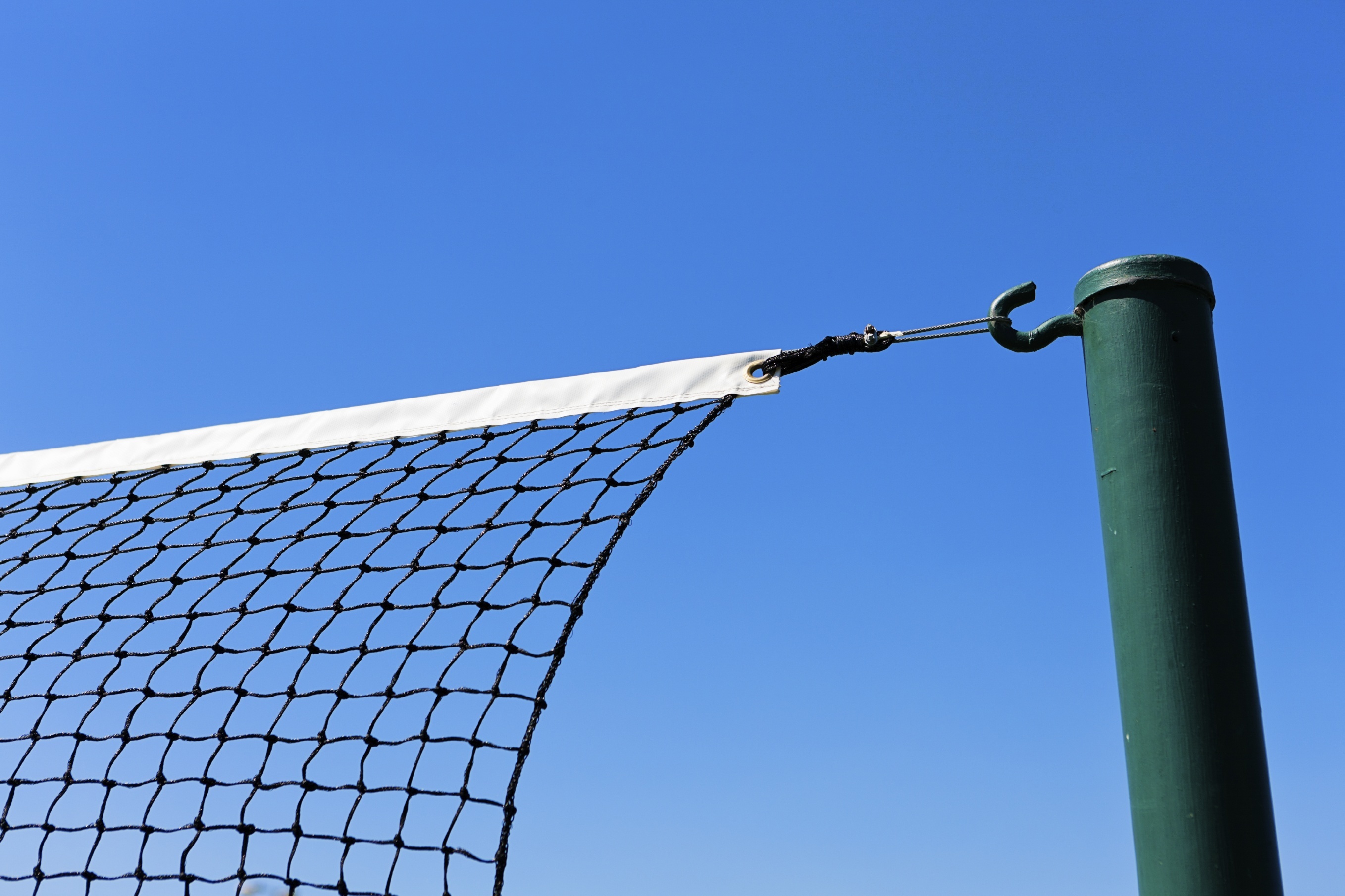Policies
- New TNS Bylaws (April 4th 2022)
- Safeguarding Sport
- Rules of the Court
- Harassment Policy
- Policies and Procedures Manual
Tennis Nova Scotia Code of Conduct
The provisions of this Section do not alter or amend the provisions of the Tennis Nova Scotia by-laws ,The Code of Conduct applies to all players in all tournaments and meetings sanctioned or required to be sanctioned by Tennis Nova Scotia.
Further, the Code of Conduct applies in all places and at all times on the tournament site, not simply on court during a match. All players have a duty to encourage and to maintain the highest standards of good sportsmanship, courtesy and fair play, and are under an obligation to avoid all unsportsmanlike conduct and any acts or practices which are detrimental to the game.
1. VIOLATIONS OF THE CODE OF CONDUCT
Violations of the Code of Conduct include but are not limited to:
a. Abuse of Balls
Players shall not violently, dangerously or with anger hit, kick or throw a tennis ball while on the grounds of the tournament site except in the reasonable pursuit of a point during a match (including warm-up). For purposes of this rule, abuse of balls is defined as intentionally or recklessly hitting a ball out of the enclosure of the court, hitting a ball dangerously or recklessly within the court or hitting a ball with disregard of the consequences.
b. Abuse of Racquet or Equipment
Players shall not violently, dangerously or with anger hit, kick or throw a racquet or other equipment within the precincts of the Tournament site. For purposes of this rule, abuse of racquets or equipment is defined as intentionally, dangerously and violently destroying or damaging racquets or equipment or intentionally or violently hitting the net, court, Umpire’s chair or other fixture during a match out of anger or frustration.
c. Physical Abuse
Players shall not at any time physically abuse any official, opponent, spectator or other person within the precincts of the Tournament site. For purposes of this rule, physical abuse is the unauthorized touching of an official, opponent, spectator or other person.
d. Verbal Abuse
Players shall not at any time verbally abuse an official, opponent, spectator or other person within the precincts of the Tournament site. Verbal abuse is defined as a statement directed at an official, opponent, spectator or other person that implies dishonesty or is derogatory, insulting or otherwise abusive.
e. Audible Obscenity
A player shall not use an audible obscenity while on-site. Audible obscenity is defined as the use of words commonly known and understood to be profane and uttered clearly and loudly enough to be heard.
f. Visible Obscenity
Players shall not make obscene gestures of any kind while on-site. Visible obscenity is defined as the making of signs by a player with hands and/or racquet or balls that commonly have an obscene meaning.
g. Delay of Play
A player who fails to respect the time limit between points (25 seconds), on changeovers (90 seconds) or on set breaks (120 seconds), or a receiver who fails to play to the reasonable pace of the server is subject to a
time violation (see article 3 of the Code of Conduct, “Time Violations”). Time Violations have their own
separate penalty schedule which does not intersect with the Point Penalty System for violations of the Code of Conduct. However, certain situations that delay play are treated under the Delay of Play provision of the Code of Conduct and are thus penalized using the Point Penalty System described below in article 2 of the Code of Conduct.
These situations include:
i. When an official judges that the receiver is employing “gamesmanship” in purposely delaying the reasonable pace of the server.
ii. When, after receiving a time violation for playing too slowly, a player still is not ready to play after the next 25 seconds. In other words, except in the case of delay in resuming play after an authorized rest period or in the case of an emergency toilet break during a game or before the opponent’s serve, two time violations will not be issued consecutively as part of the same situation; the second violation will be treated as a violation of the Delay of Play provision of the Code of Conduct.
iii. When, after being instructed to play by an official (e.g., in order to end an overly long discussion), a player is not ready to play within the next 25 seconds.
iv. When there is a delay in the resumption of play following a medical time-out or medical treatment.
v. When a player who has been given permission to leave the court on his/her own time for an additional toilet break (e.g., a second toilet break for a male or a third toilet break for a female) fails to resume play within the normal time limits (e.g., within 25 seconds between games, 90 seconds on a changeover or 120 seconds on a set break).
vi. When a player who has been given permission to leave the court to find another racquet fails to resume play within the normal time limits (e.g., within 90 seconds on a changeover or within 120 seconds on a set break).
h. Best Efforts
A player shall use his best efforts during the match when competing in a Tournament.
i. Coaches and Parents
i. Players shall not receive coaching during a Tournament match. Communications of any kind, audible or visible, between a player and a coach shall be construed as coaching. Coaches and parents on-site are prohibited from:
- a. Using an audible obscenity or making obscene gestures of any kind;
- b. Abusing any official, opponent, spectator or other person, verbally or physically;
- c. Engaging in conduct contrary to the integrity of the Game of Tennis.
ii. In circumstances that are flagrant and particularly injurious to the success of a Tournament, the Referee shall have the authority to relocate the position of a coach if there is reasonable belief that coaching is occurring, or the Referee may order the Coach or Parent to be removed from the match site or Tournament site and upon his failure to comply with such order, may declare an immediate default of such player.
j. Unsportsmanlike Conduct
Players shall at all times conduct themselves in a sportsmanlike manner and give due regard to the authority of officials and the rights of opponents, spectators and others. Unsportsmanlike conduct is defined as any misconduct by a player that is clearly abusive or detrimental to the success of a Tournament, and/or the sport. In addition, unsportsmanlike conduct shall include, but not be limited to, the giving, making, issuing, authorizing or endorsing any public statement having, or designed to have, an effect prejudicial or detrimental to the best interest of the Tournament and/or the officiating thereof.
k. Improper Attire
Every player shall dress and present himself for play in proper attire as designated by the Tournament Committee and/or with the regulations of the host club. A player who violates this section may be ordered by the Chair Umpire or Referee to change his attire or equipment immediately. Failure of a player to comply with such order may result in an immediate default.
l. Entering a tournament and then failing to appear without adequate reason and valid notice.
m. Entering two tournaments in the same time period without prior permission of both Tournament Referees.
n. Defaulting in a tournament or match except as a result of personal injury or other valid reason.
o. Associating with professional gamblers.
p. Betting or acting as a bookmaker on matches.
q. Accepting money or other consideration for losing a match or winning by a particular margin.
r. Being party to any payment of money or other consideration to another person to induce such person to lose a match or to win by a particular margin.

